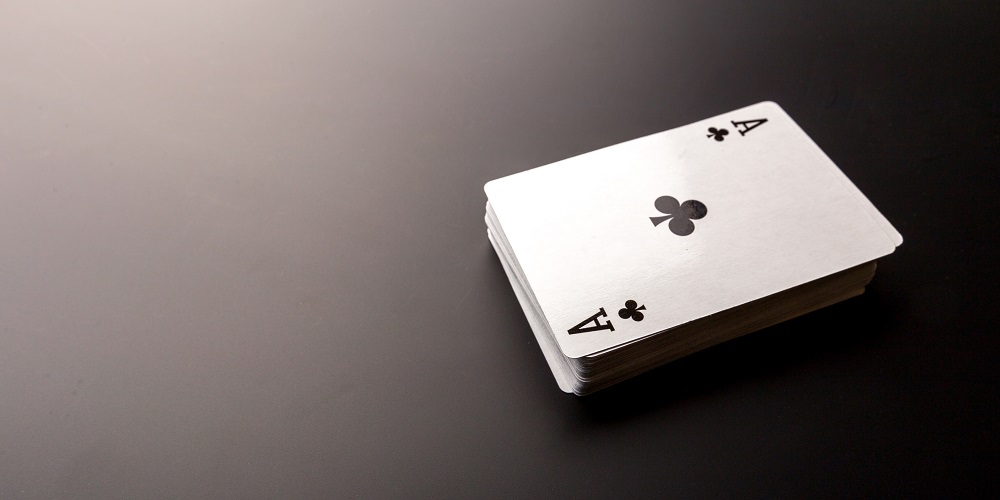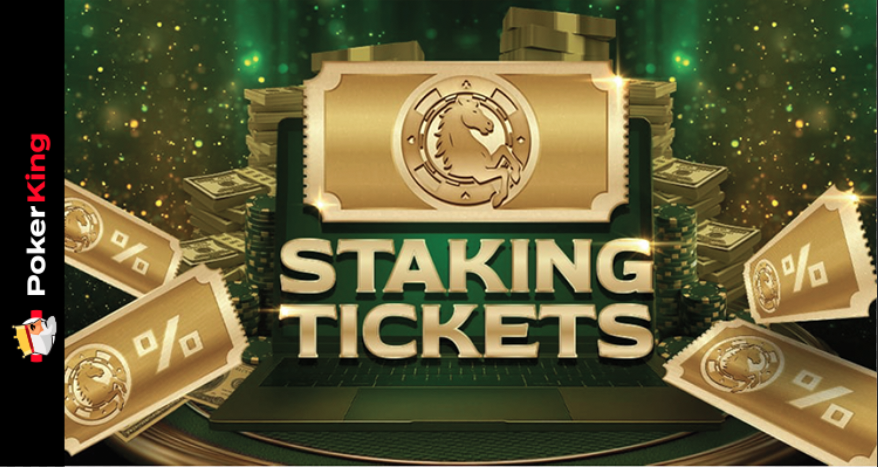

All about poker clubs

Although in Spain they are not regulated as
such, there are poker clubs where a certain number of players meet to play this
popular game. However, the legislation in this regard in Spain is very
restrictive and has led to the clubs to the alegality, being practically
associations of players who are currently outside the law.
Many fans wonder if it is possible to set up a
poker club in Spain and if they have the legal protection to be able to
operate. In Spain the law is clear and leaves very little room for maneuver,
but some players have wanted to know how to create an informal poker club at
family level, without official presence or professional operation.
Of course, whoever wants to set up his own poker club should first know what the current situation is regarding these associations and what he has to do to create a different one, in order to make it a friendlier and less exclusive place than the official ones.
Going to a poker club in
Spain: is it advisable?
It would be foolish to state categorically that
poker clubs do not exist because there is a law that says there cannot be any.
They do exist. What happens is that the legislation does not allow these games
to take place in public spaces. That is, there are no authorized places for
these clubs to meet.
With the law in hand, the most sensible thing
to say is that frequenting a poker club in Spain is not too advisable because
they are not authorized. To always play in a club that has the corresponding
license is the best, and gives more guarantees at the time of claiming a
prize. Spain has restricted face-to-face poker to casinos, and any other
place where to meet to play poker is unauthorized and can be sanctioned for not
complying with the law.
Here opens an interesting debate, because it
seems that the prohibition of poker clubs is maintained thanks to the support
of casinos, which today hold the monopoly of having authorized facilities to
play poker, considering these clubs as direct competition. However, if we
can learn from countries with a longer history in poker, such as the United
States, it is that casinos and poker clubs can mutually benefit from a constant
flow of poker players.
Worst of all, casinos do not seem to perceive
the potential benefit of a future coexistence with poker clubs. If we take
the American example, casinos maintain profits thanks to the fact that there is
a flow of new young players, who are trained in these clubs and end up
being regular customers at their tables. This issue in Spain is still too
green.
It is essential for casinos to be able to
continue to operate if they are to have a nursery where poker amateurs can go
on to develop as professional players. This, to this day, is done bordering
the current legislation, since, in theory, poker clubs cannot exist, but
experienced players do not learn to play directly in a casino.
And why does this happen? To begin with,
because tournament prices or cash table limits are lower in clubs than in
casinos. The casinos claim that they cannot lower the minimum because it is
not profitable, but one of the reasons why it is not profitable is because
there is not as much affluence of players as there would be if the casinos
coexisted with the clubs. Therefore, it is actually the casinos that are losing
out in this whole mess.
It is obvious that new players prefer to gain experience playing in a club, especially considering that the reduction of these limits can be quite important if we compare it with the price to pay in a high-level tournament.
Why do casinos have their
own clubs?
Although casinos are reluctant to allow the
existence of poker clubs because they fear fierce competition and do not see
the potential benefit in coexisting with them, to meet this demand for clubs
some of them have decided to set up their own poker club. This is the case
of Grupo Orenes, one of the most popular casino groups in Spain, which has
launched its Time for Poker Club. You can also find The Poker Club and the
Casino Poker Club.
Setting up a poker club is not easy given the
powerful restrictions that the law establishes in this regard. However, in
spite of the differences with the clubs that exist in other countries, we can
affirm that they have achieved the objective. In the capital, the Casino
Gran Vía has the Privilege Poker, its poker club, which is accessed with a
membership and generates discounts and promotions to play in the casino.
Although in reality these clubs act as premium
extensions of the casinos themselves, which require an extra supplement to
access these clubs, the mere fact of setting up a poker club is a good sign,
since they are spaces where players can socialize and share their love for
poker.
However, these clubs have been created with
opposite principles to the traditional poker clubs. To begin with, being under
the umbrella of a casino, their fees are more expensive than those required for
mere participation in the casino. But, in addition, these clubs are designed
for expert and professional players who want to play at a different level.
Therefore, it is not so much a space for learning as a space for expertise,
something that does not fit with the demand of the amateurs who ask for the
regulation of poker clubs.
Casinos have created their own poker clubs
because they are the only ones authorized to create them, and because they are
aware of the importance of creating more familiar environments for those
players looking for a different experience.
However, casinos remain just as inaccessible and, being usually located on the outskirts of cities, they are not the ideal places to find a secluded atmosphere. They require travel and an entrance fee, which also makes the experience more expensive. In other words, there is no accessibility. This is something that must change if in the future someone wants to know how to create an accessible poker club with a constant influx of fans.
The laxity of poker clubs,
ideal for newcomers
When we say that poker clubs are the perfect
places to learn and gain experience, we are not only referring to technique,
but also to knowing how to manage at the table. There is a whole series of
details that a professional player knows how to take care of and that have
to do with presence and poise.
For example, everything related to annoying
attitudes, cell phone sounds and so on is censored in casinos. A player can be
expelled from the table for not putting his cell phone on silent or even for
looking at it too much. It is also forbidden to be foul-mouthed or to talk
to the dealer in a disrespectful manner, as well as to throw cards against
the table without any consideration.
In addition, certain attitudes, such as betting with high poker chips and inserting them between chips of small value, are somewhat reprehensible in casinos, but are much better seen in clubs, where poker can be played in a more informal way, where neither the language nor the code of conduct of the players is sanctioned.
This leads many players to want to set up their
own poker club.
Each may follow specific rules, others may choose to relax the rules, and
others may try to become professional from the start. However, whoever wants to
find out how to create a professional poker club, should only observe how
casino clubs work, eliminating those elements, such as fees or the
obligation to have an active membership, which end up being inaccessible to
other players.
Also keep in mind that in casinos there are certain gentlemanly gestures that are very well regarded and are almost always mandatory if you want to leave the table as a gentleman. For example, tipping the dealer who has been dealing luck throughout the game is a gesture of etiquette that is highly appreciated in virtually every casino in the world.
Online poker clubs
Online poker clubs, leaving aside the issue of
legality, can be easily found in some online poker apps frequented by players
of all levels, both beginners and regular players.
The main offer in online poker clubs usually
consists of cash or real money tables with much lower limits than in casinos,
of course. And this is precisely what makes online poker clubs extremely
attractive for novice players or for those players who do not have a bankroll
that allows them to play in a casino.
Within the offer of online poker clubs we can
also find various types of tournaments (SPIN, MTT, Sit&Go...), although it
is true that it is difficult to find clubs with tournaments of more than 5 tables.
Of course, as you can imagine, the entry fee for playing is much lower than
what you would pay in a casino.
You may also like

How to deposit and withdraw at Partypoker
Before joining an online poker room, surely you have evaluated aspects such as: player and game traffic; rake and rakeback structure; tournaments; software stability or customer service.Undoubtedly...

What is a bubble in a poker game?
If you usually play poker tournaments, you have probably heard of the dreaded "bubble". Nobody refers to it in a positive sense, and in poker, the bubble is the main enemy of the players. We tell y...

How to Organize the Perfect Poker Night at Home
How to Organize the Perfect Poker Night at HomePoker isn’t just a card game—it’s a social experience that becomes even more exciting when you host your own poker night with friends. From choosing t...













